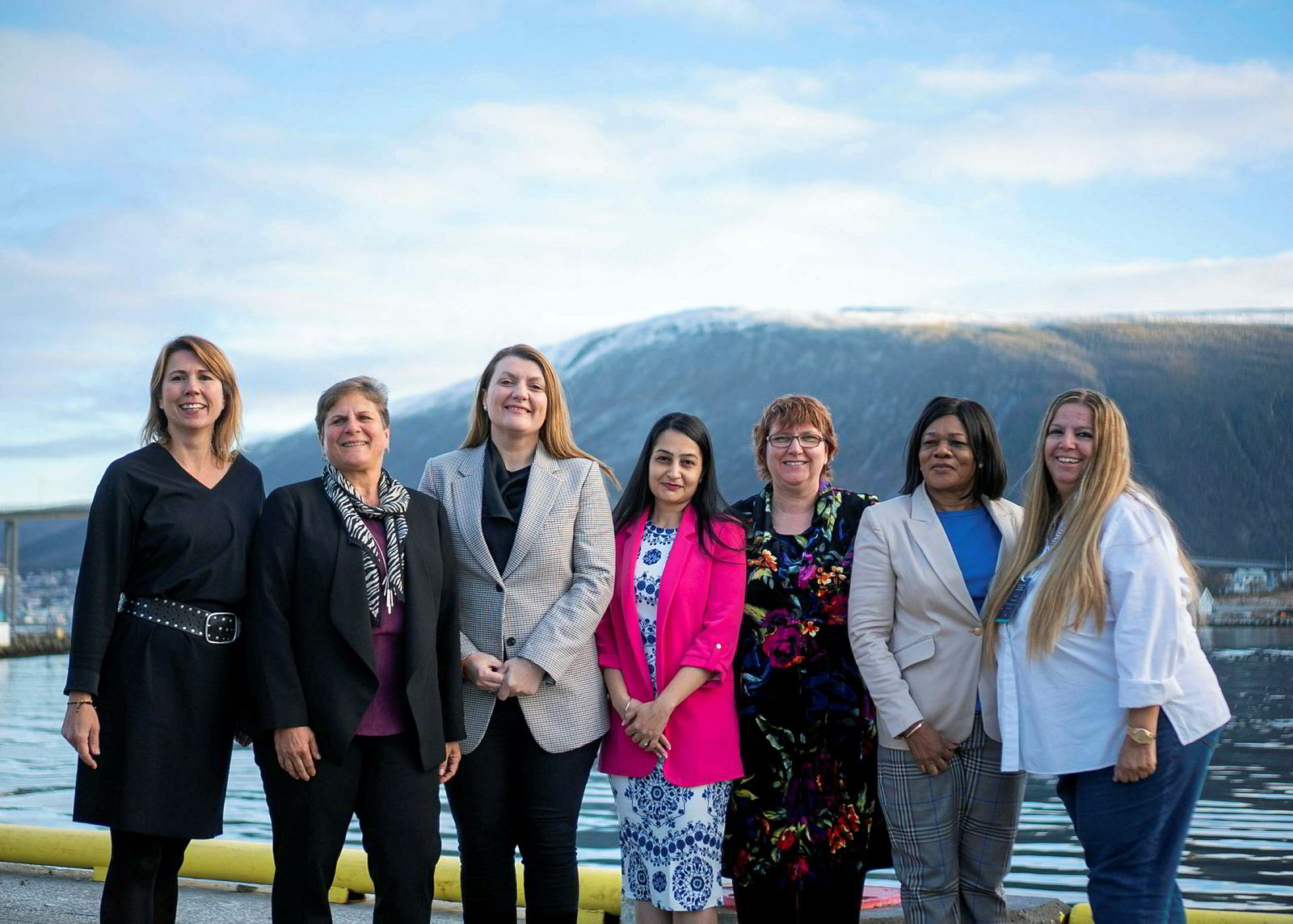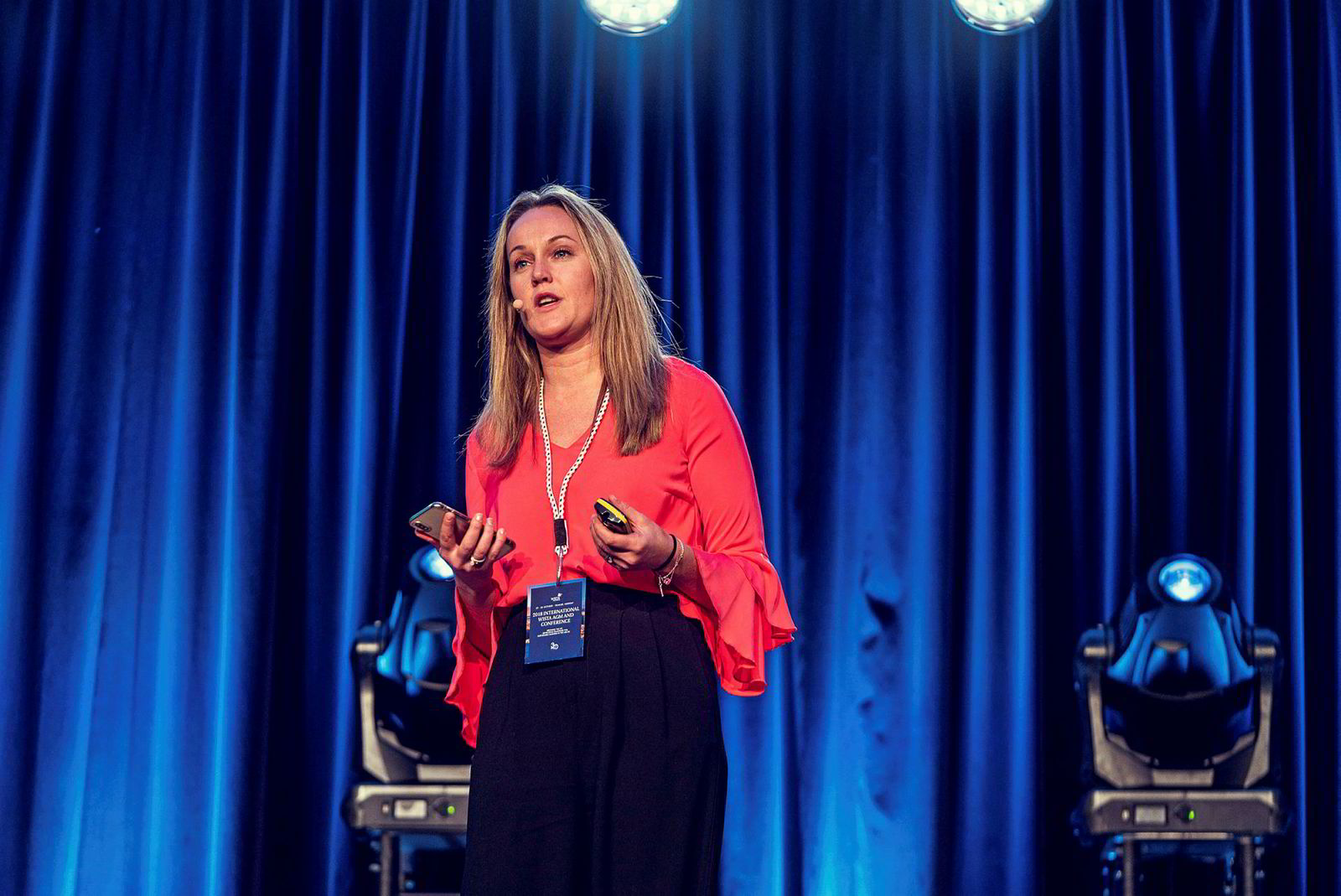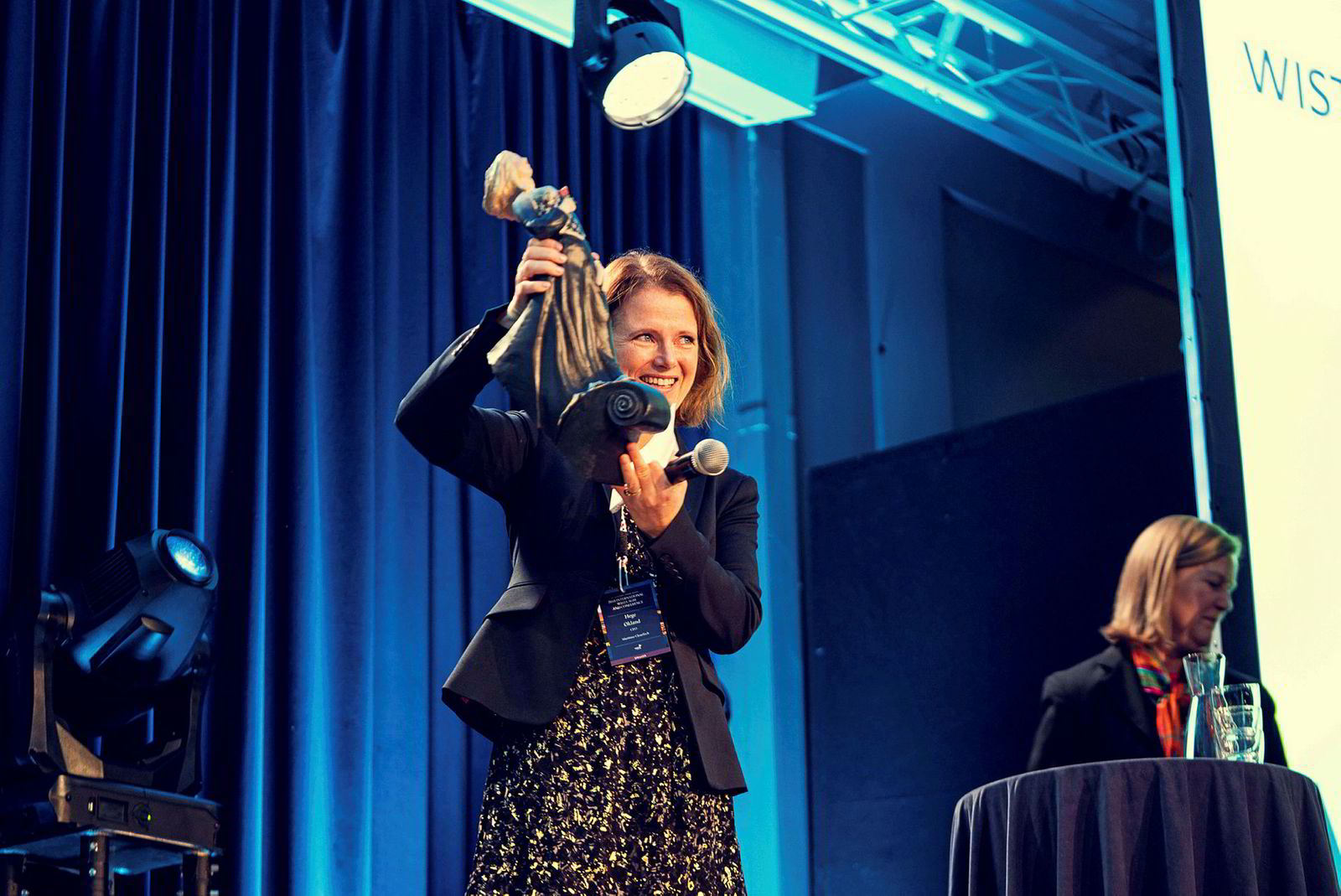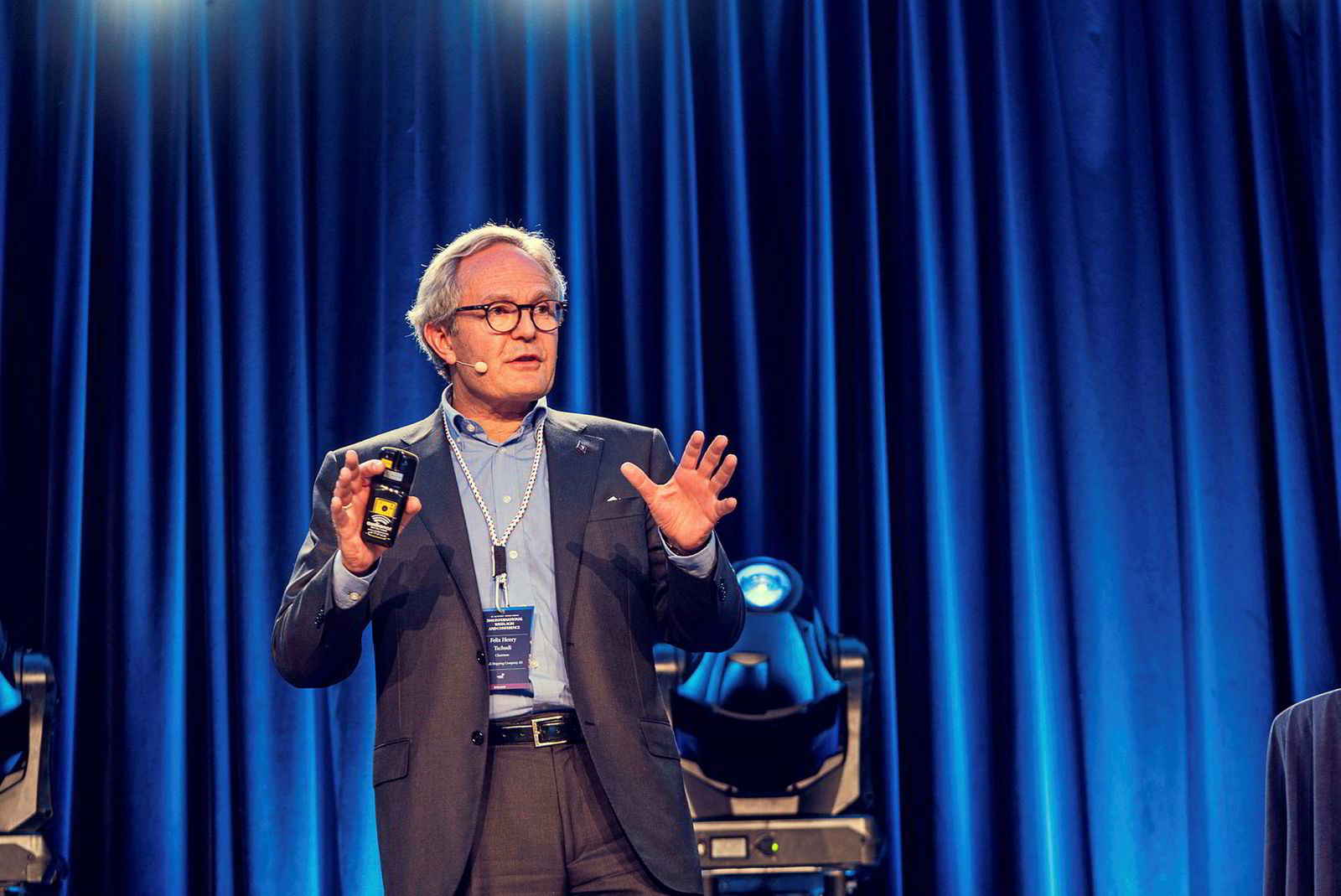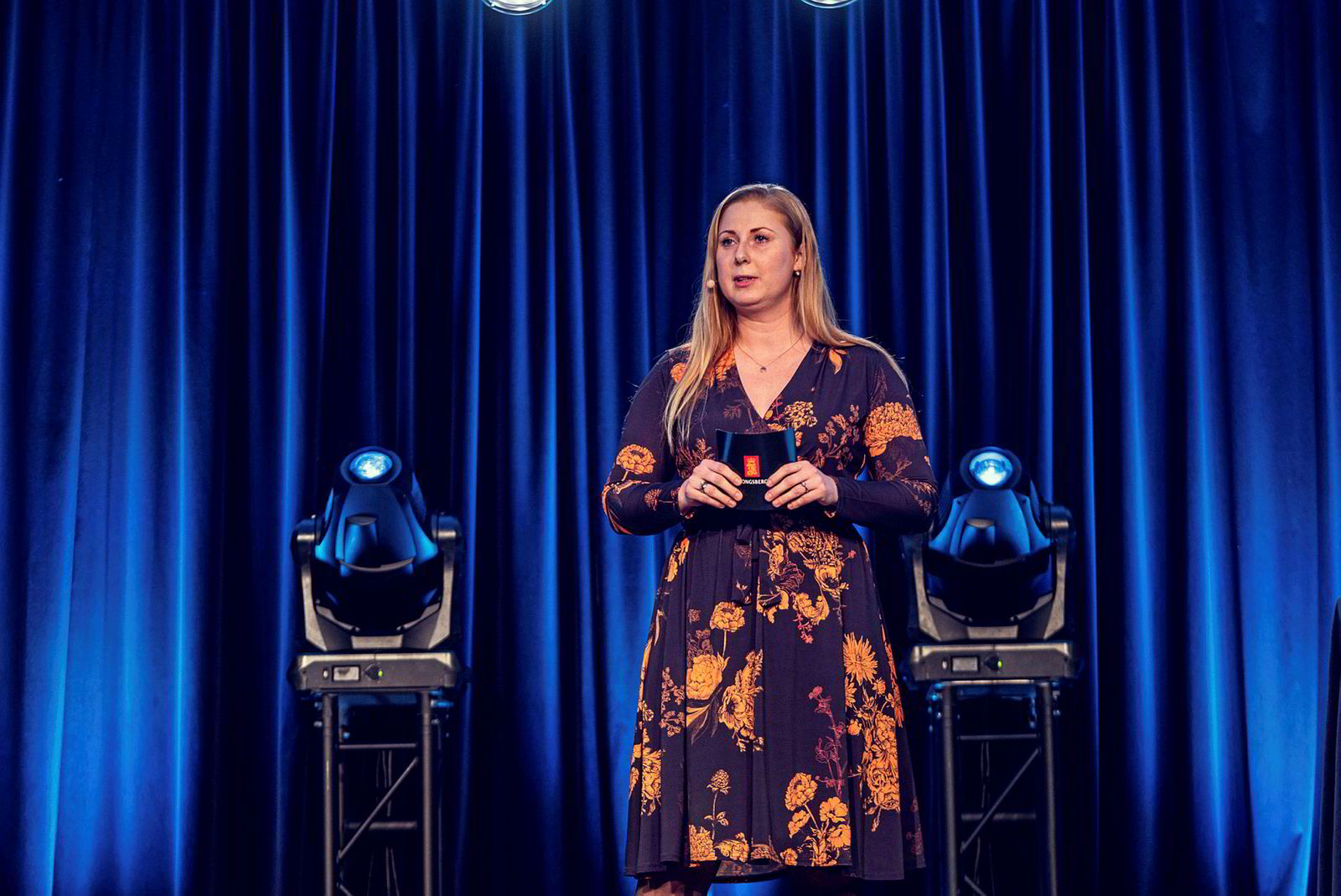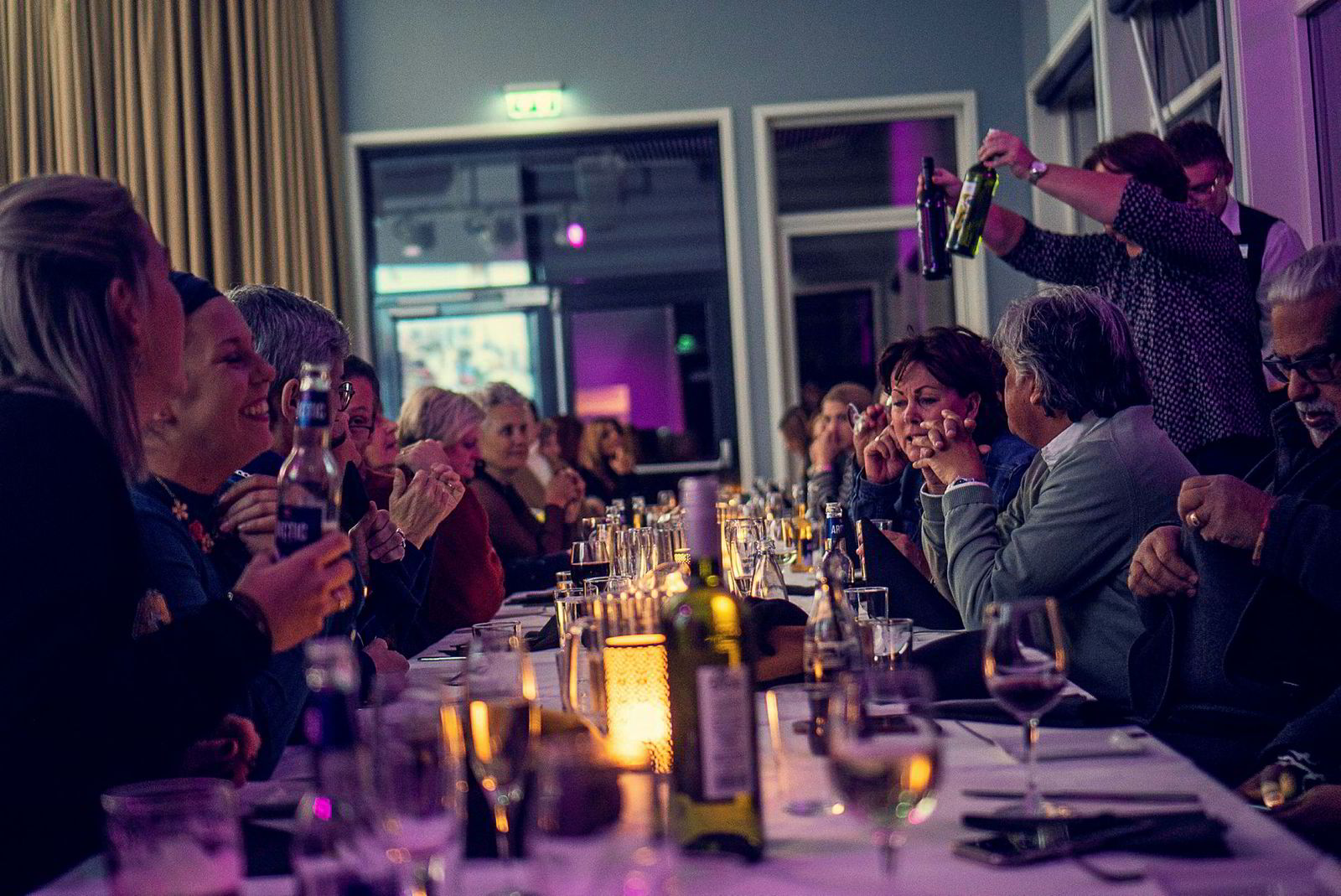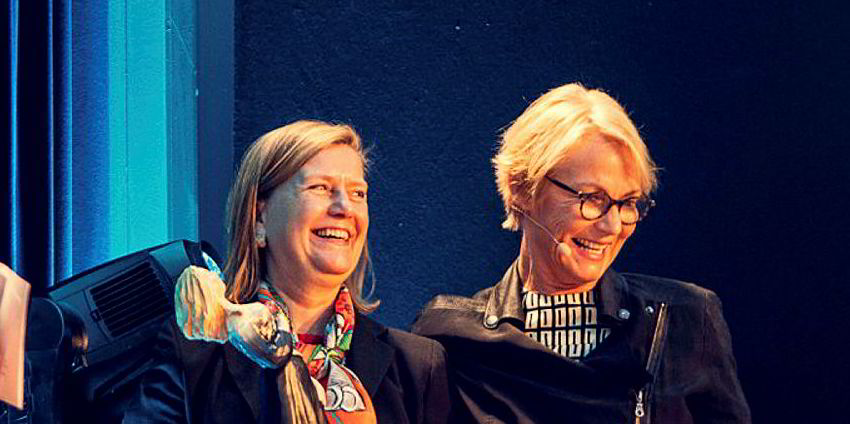
Maritime business can be both sustainable and profitable if leaders and owners step up to the challenges facing the industry.
That was the clear message from keynote speakers at the Women’s International Shipping & Trading Association (Wista)'s annual conference in Tromso, northern Norway, last week.
Elisabeth Grieg, who chairs her family’s shipping and seafood group Grieg, said that by committing to sustainable business practices, “together we can make a difference”.
Grieg Group has made a commitment to two of the United Nations’ sustainable development goals (SDGs) on climate action and life below water, and aspires to meet other SDGs.
“As my father, Per Grieg Sr, said: ‘What matters are the footprints we leave behind’,” she said.
“This is no bulls**t!” she added with a flourish.
Daniel Skjeldam, chief executive of Norwegian coastal and cruise operator Hurtigruten, said the company's commitment to LNG and battery power for its new expedition vessels reflected its commitment to sustainability.
“This is a huge transformation," he said. "It’s a matter of values."
Sigurd Enge from environmental campaign group Bellona said he was impressed by the IMO’s target that shipping must cut its CO2 emissions by 50% by 2050.
“That’s really a revolution,” he said.
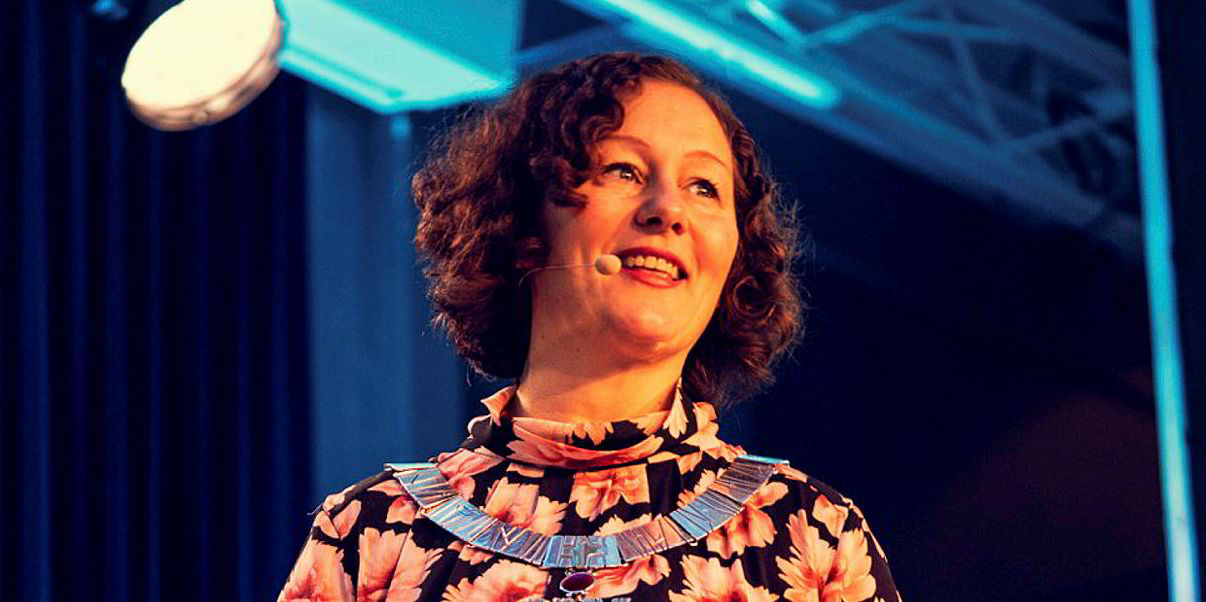
However, he added that zero-carbon emissions must remain the long-term goal.
Wista Norway president Bjorg Ekornrud, who hosted the event for delegates from Wista chapters in other countries, reflected that there was a need to start talking to develop sustainable business in the fragile Arctic region.
Kristin Roymo, mayor of Tromso — which, as a city, intends to go disposable plastic free — said: “Together we can do the changes. This war against pollution is a war we cannot afford to lose.”


